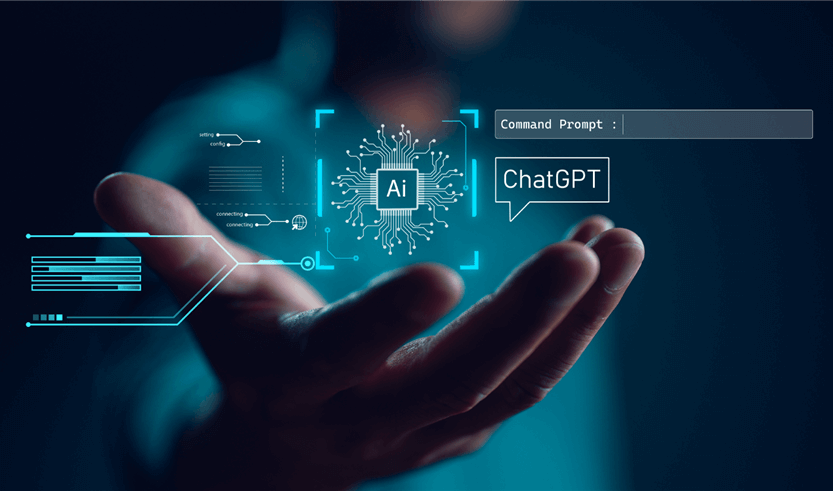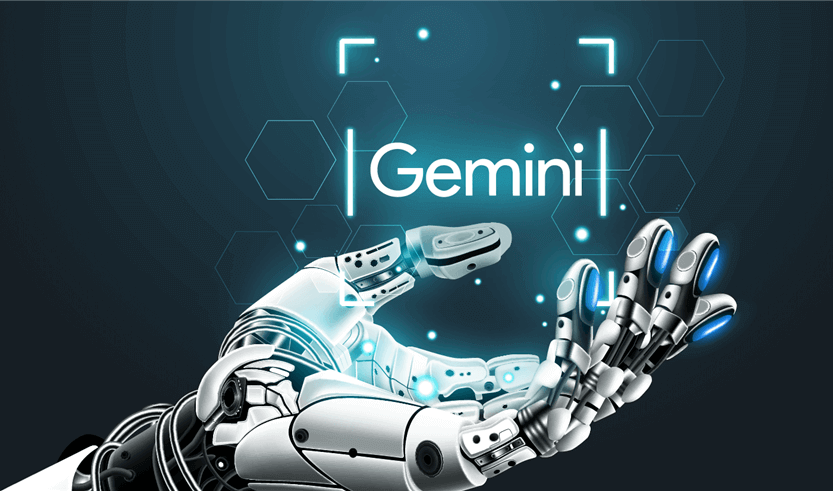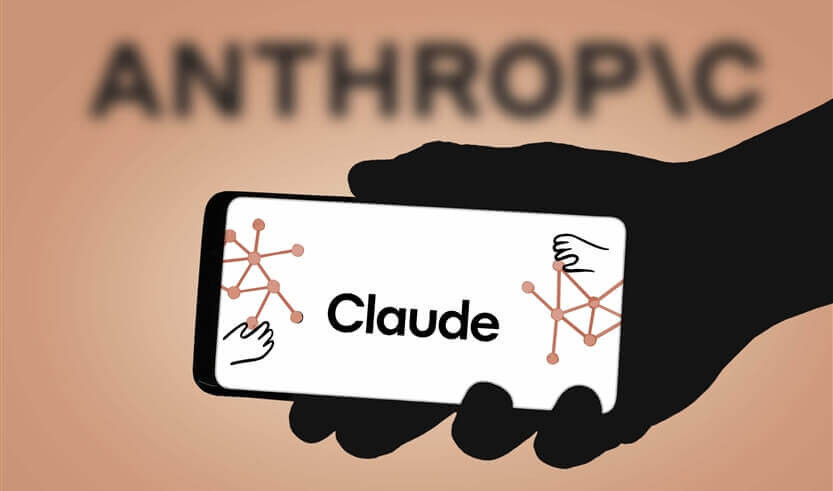Claude Vs Chatgpt Vs Gemini: Which Chatbot is Better?
In the rapidly evolving field of AI chatbots, three prominent players have emerged: ChatGPT by OpenAI, Gemini by Google DeepMind, and Claude by Anthropic. Each of these chatbots brings unique features and capabilities to the table. This blog will explore the differences between these AI models, helping you decide which one might be best suited for your needs.

ChatGPT by OpenAI
Overview:
ChatGPT, based on OpenAI's GPT-4 architecture, is renowned for its versatility and depth of understanding. It excels in natural language processing tasks and can generate coherent and contextually relevant responses.
Key Features:
- Wide Range of Applications: ChatGPT is used for various applications, including customer support, content creation, tutoring, and more.
- Training Data: It is trained on a diverse dataset that includes a vast range of topics, making it highly knowledgeable.
- Customizability: Users can fine-tune ChatGPT for specific tasks or industries.
- Plugins and Integration: ChatGPT supports plugins and can be integrated into various platforms for extended functionality.
Pros:
- Highly versatile and adaptable.
- Strong language understanding and generation capabilities.
- Extensive support and documentation.
Cons:
- Can be computationally intensive.
- May produce overly verbose responses.

Gemini by Google
Overview:
Gemini, developed by Google DeepMind, combines advanced machine learning techniques with Google's vast data resources. It aims to provide insightful and accurate responses across various topics.
Key Features:
- Advanced ML Techniques: Utilizes state-of-the-art machine learning algorithms to enhance performance.
- Integration with Google Services: Seamlessly integrates with Google's ecosystem, offering robust support for various applications.
- Focus on Insightfulness: Designed to provide detailed and insightful responses.
Pros:
- Strong integration with Google’s services.
- High accuracy and insightfulness in responses.
- Leveraging Google’s extensive data resources.
Cons:
- Limited customization options compared to ChatGPT.
- Access might be restricted based on Google’s ecosystem.

Claude by Anthropic
Overview:
Claude by Anthropic is designed with a strong emphasis on safety, reliability, and ethical AI usage. It aims to be a helpful and conversational assistant that adheres to ethical guidelines.
Key Features:
- Safety and Reliability: Prioritizes ethical considerations and safety in interactions.
- Ethical Guidelines: Adheres to strict ethical standards in AI deployment.
- Conversational Focus: Designed to maintain a natural and engaging conversational style.
Pros:
- High emphasis on safety and ethical AI use.
- Reliable and consistent performance.
- Natural conversational abilities.
Cons:
- May have limited features compared to other chatbots.
- Still evolving and may not be as widely adopted as ChatGPT or Gemini.
All AI models, including Claude, ChatGPT, and Gemini, have limitations that users should be aware of:
- Potential for biases in outputs based on training data
- Inability to access real-time information or the internet directly
- Possibility of generating reasonable-sounding but incorrect information
- Ethical considerations around AI-generated content and decision-making
Which is Better?
Determining which chatbot is "better" depends on your specific needs and priorities. Here’s a summary to help you decide:
If you need versatility and a wide range of applications, ChatGPT might be the best choice. Its adaptability and comprehensive support make it ideal for diverse tasks.
For those heavily invested in the Google ecosystem, Gemini offers strong integration and high accuracy. Its advanced ML techniques and data resources provide insightful responses.
If safety and ethical considerations are your top priority, Claude stands out with its focus on ethical AI use and conversational reliability.
Ultimately, the "better" chatbot will depend on the specific requirements of your use case, the importance of ethical considerations, and the need for integration with existing systems. Each of these AI models offers unique strengths, and understanding these differences will help you make an informed decision.